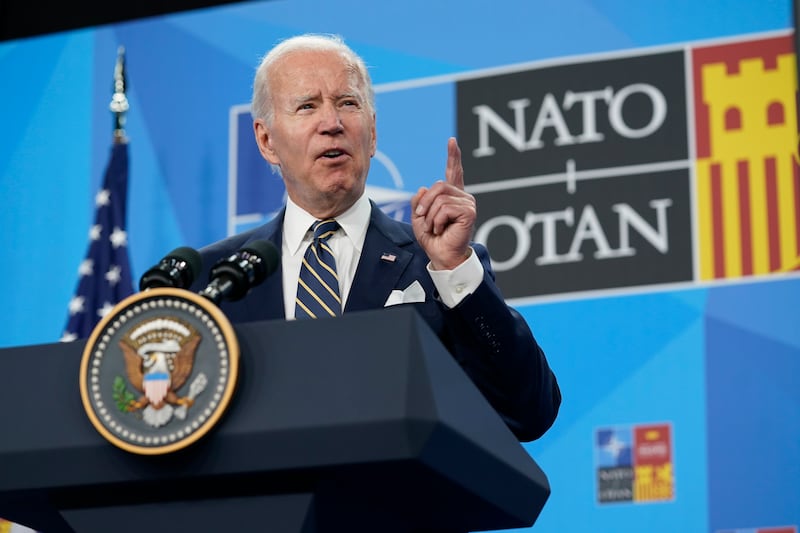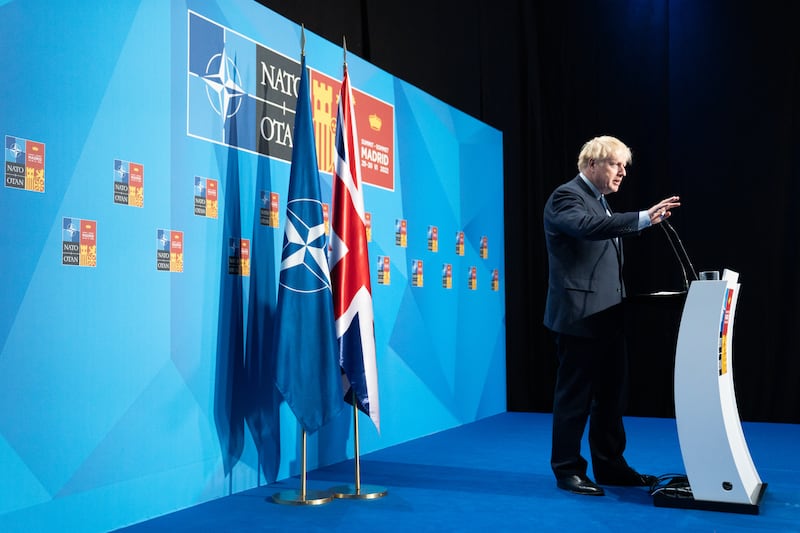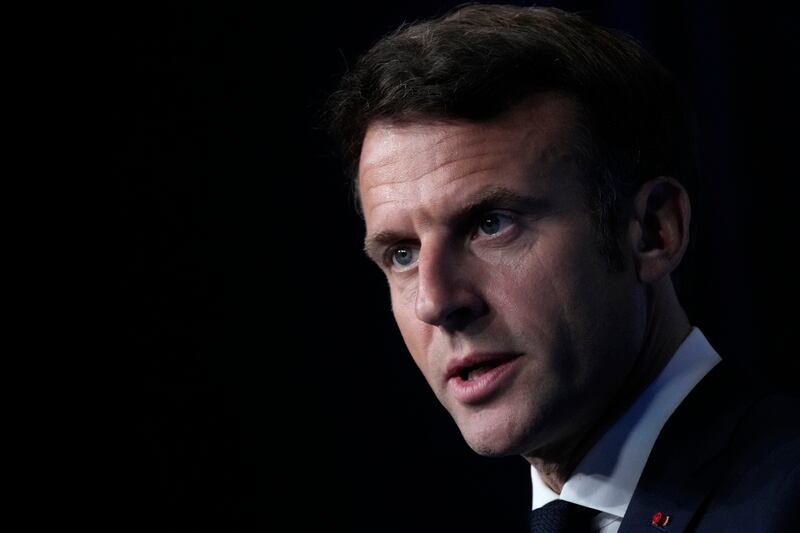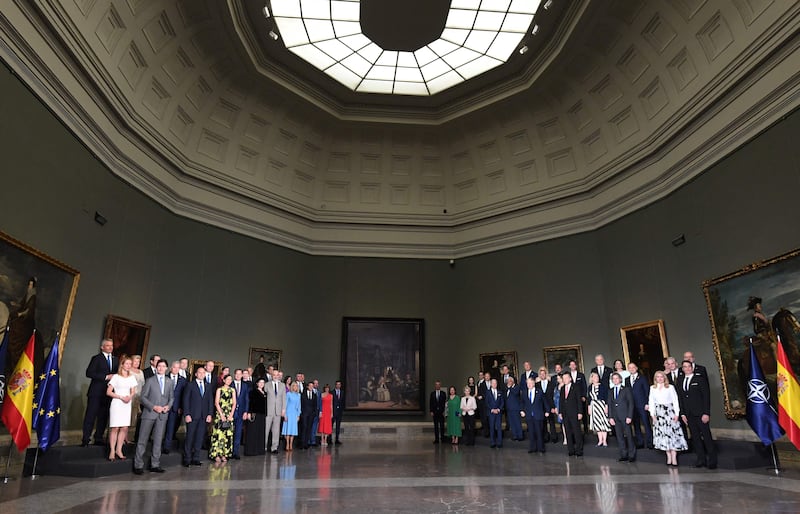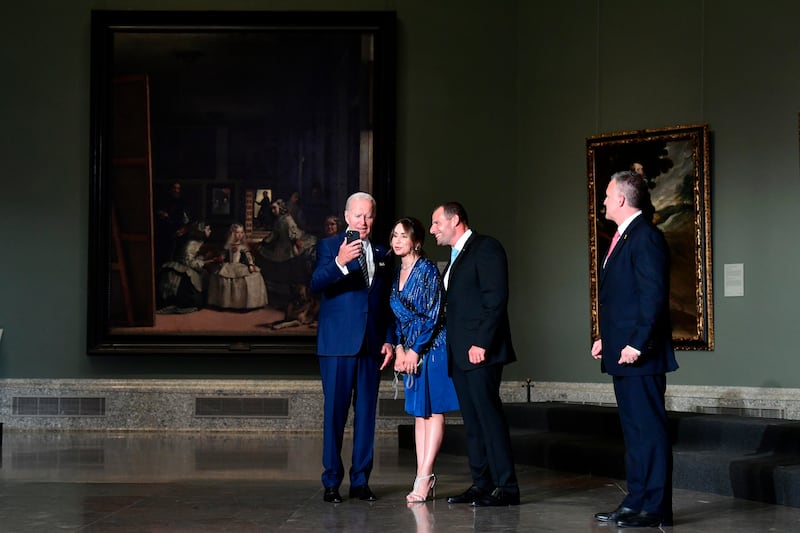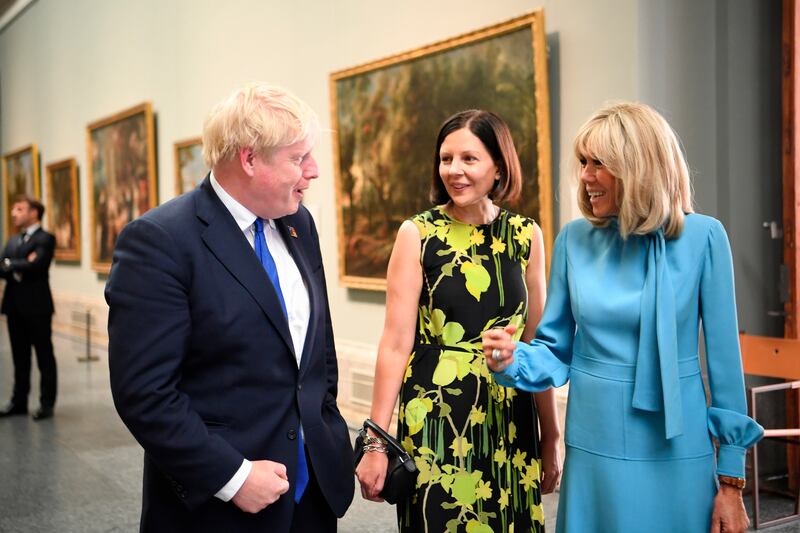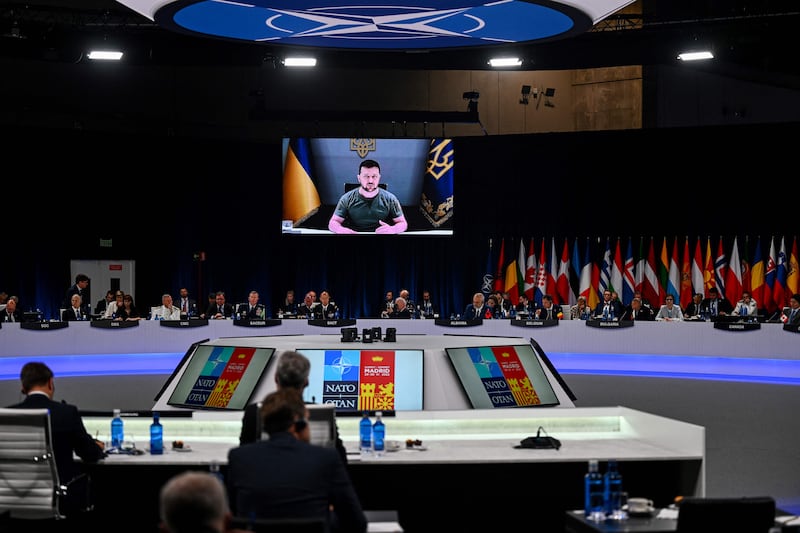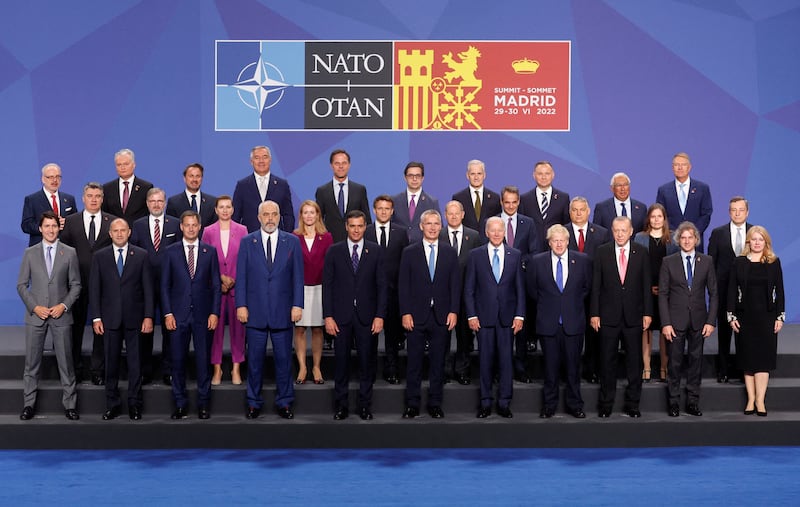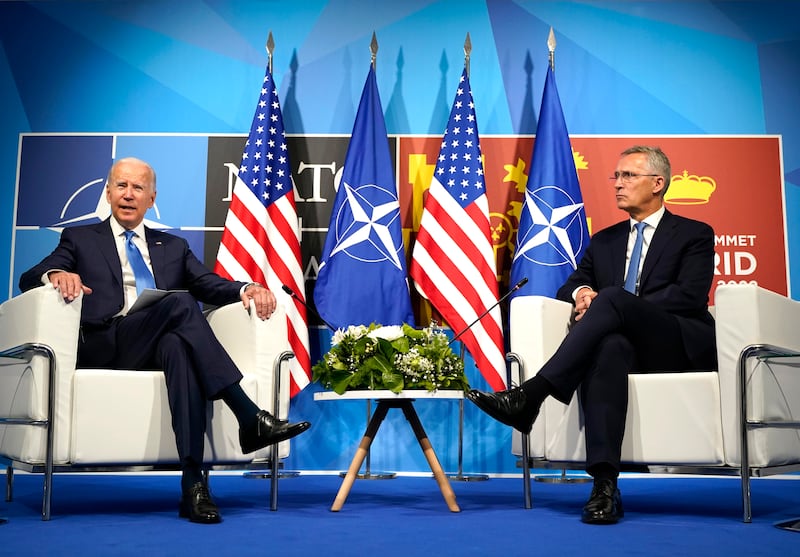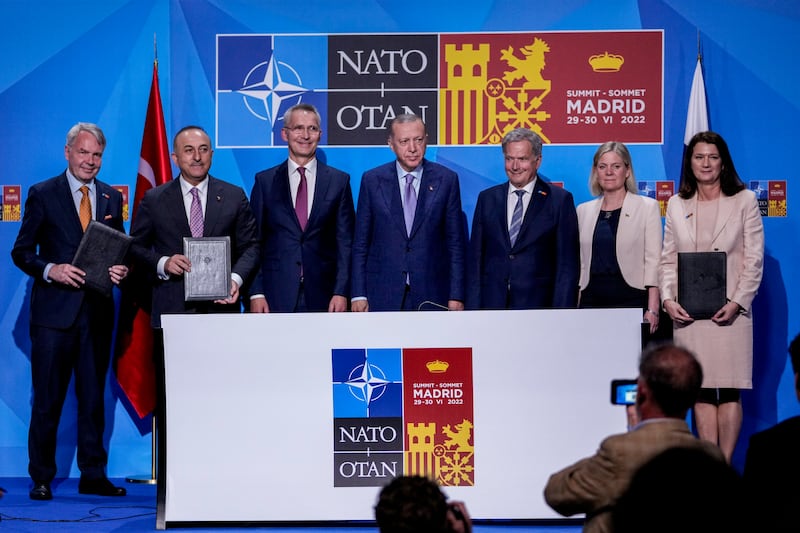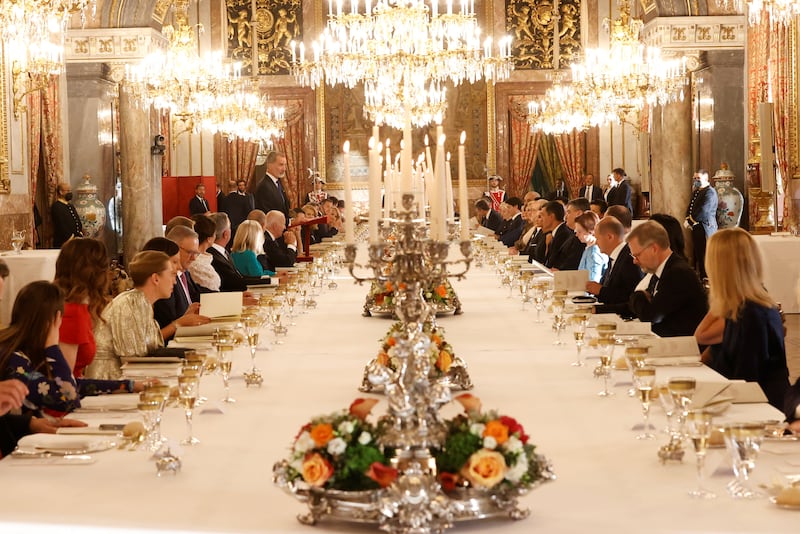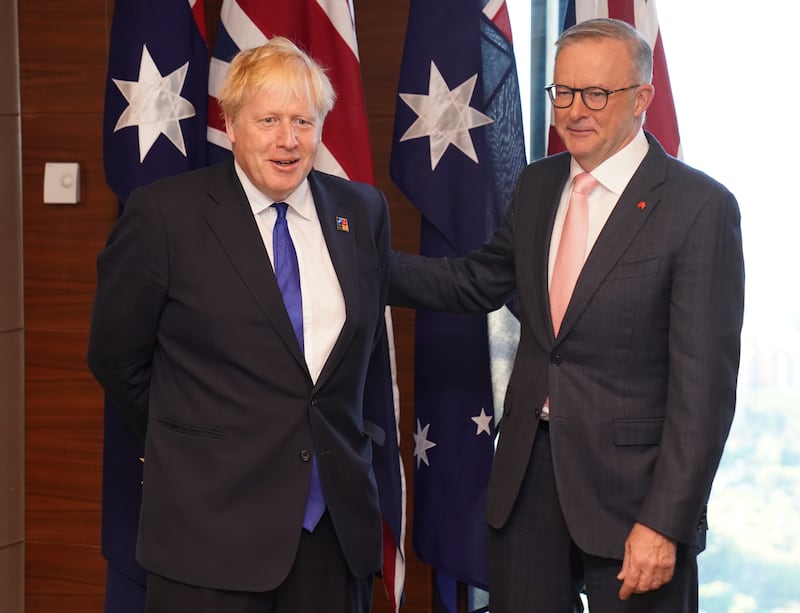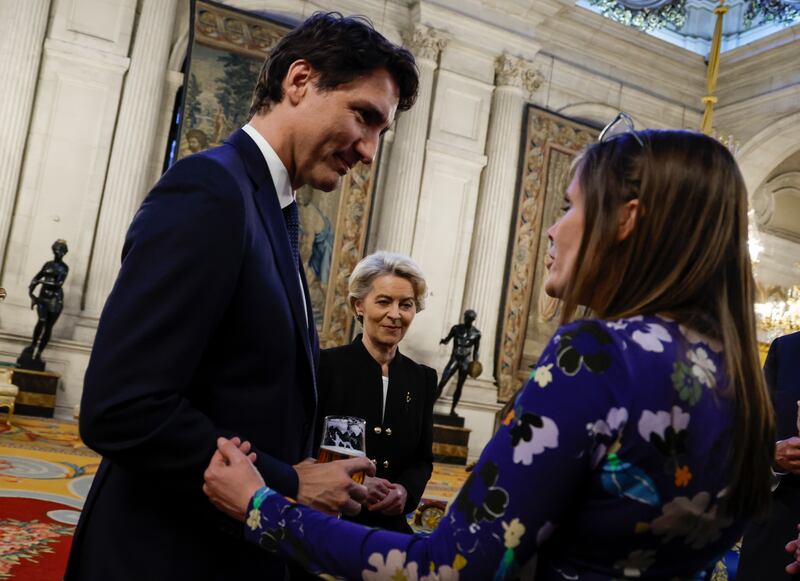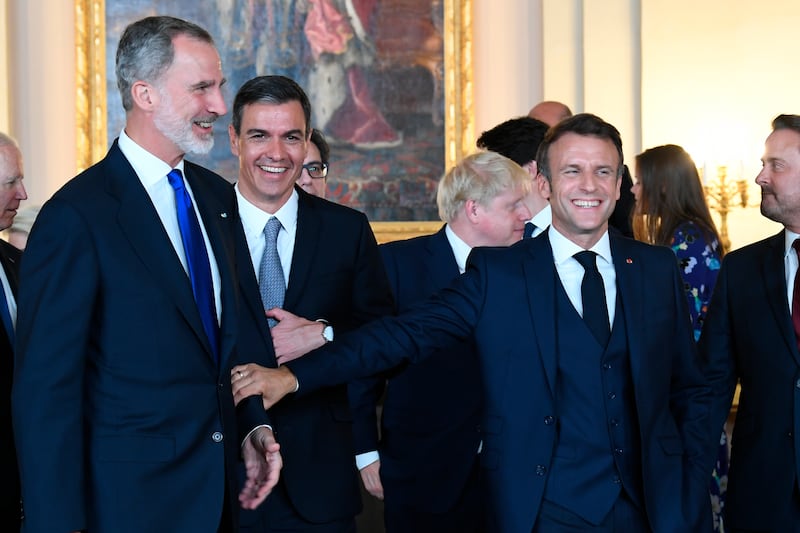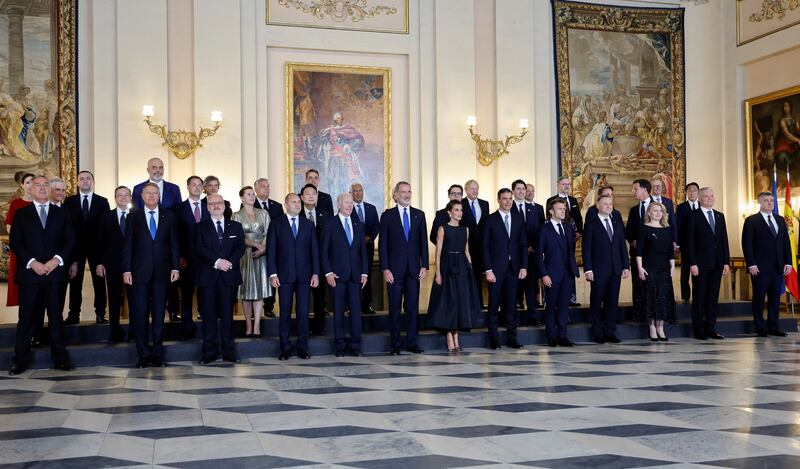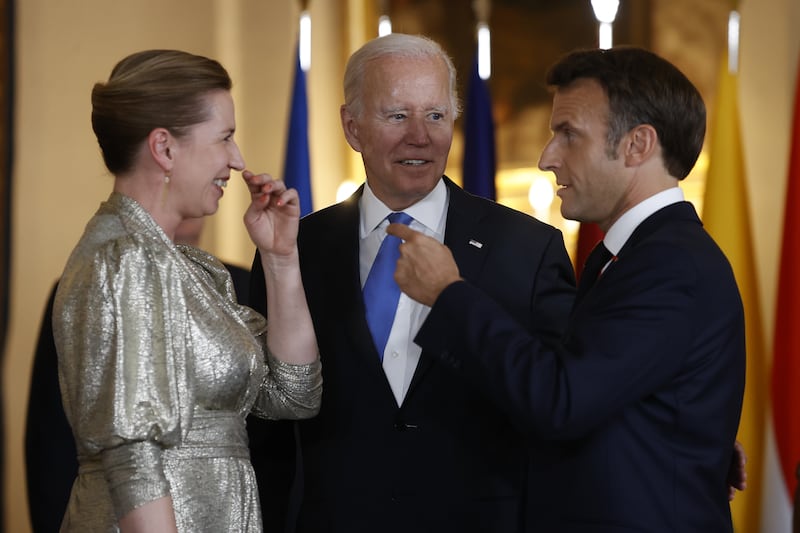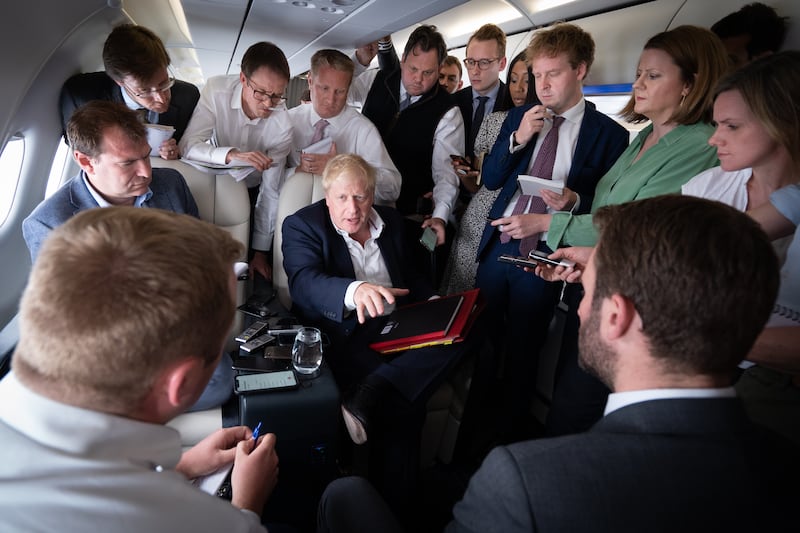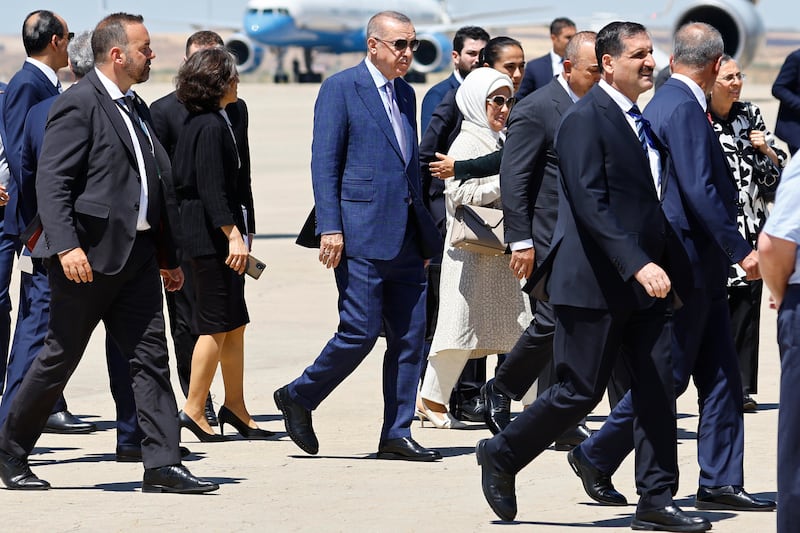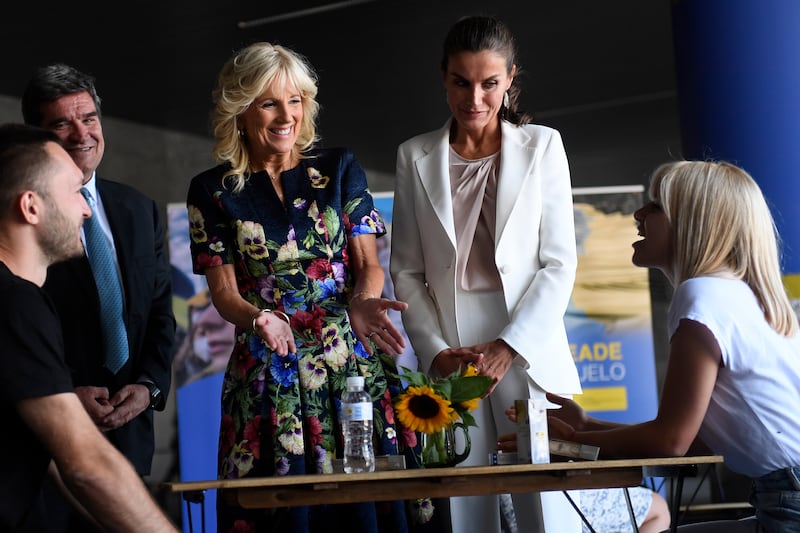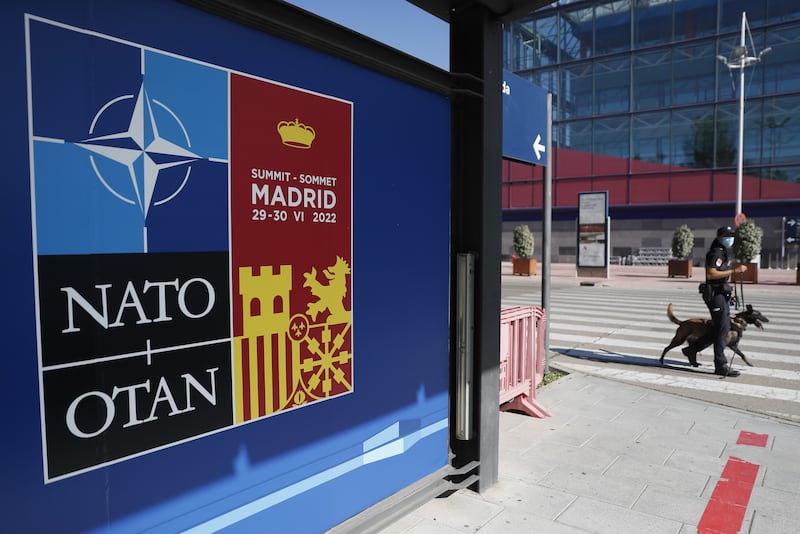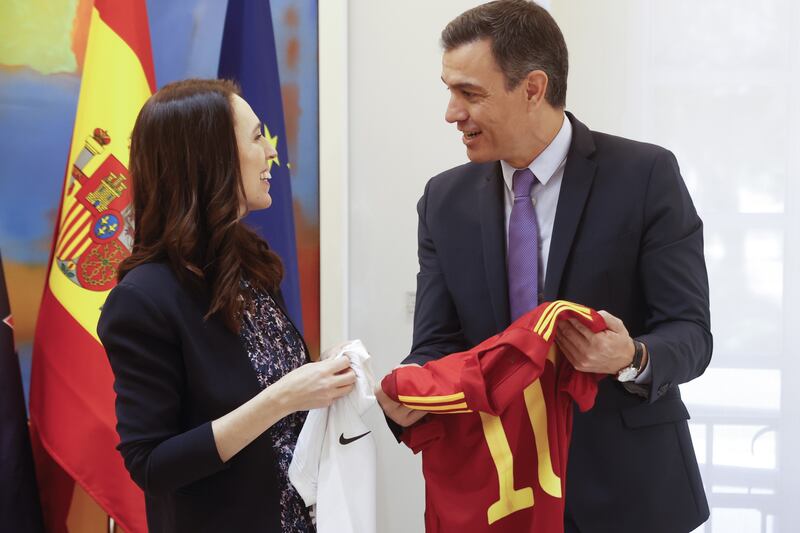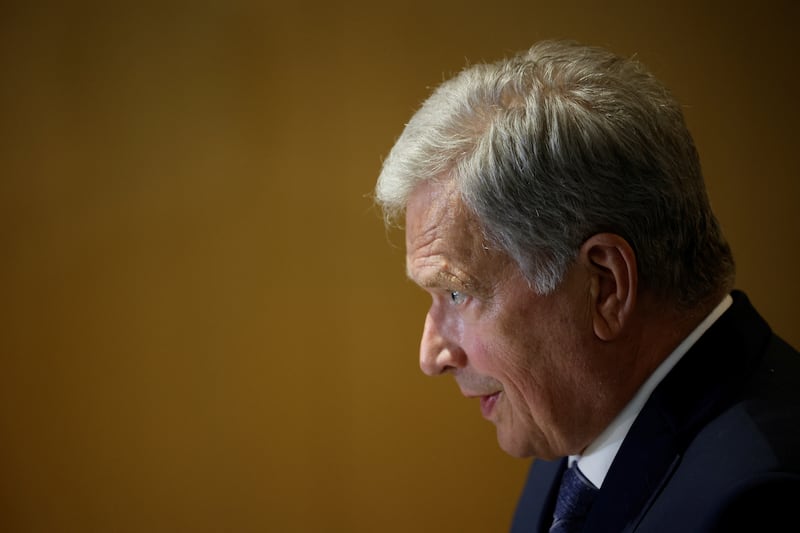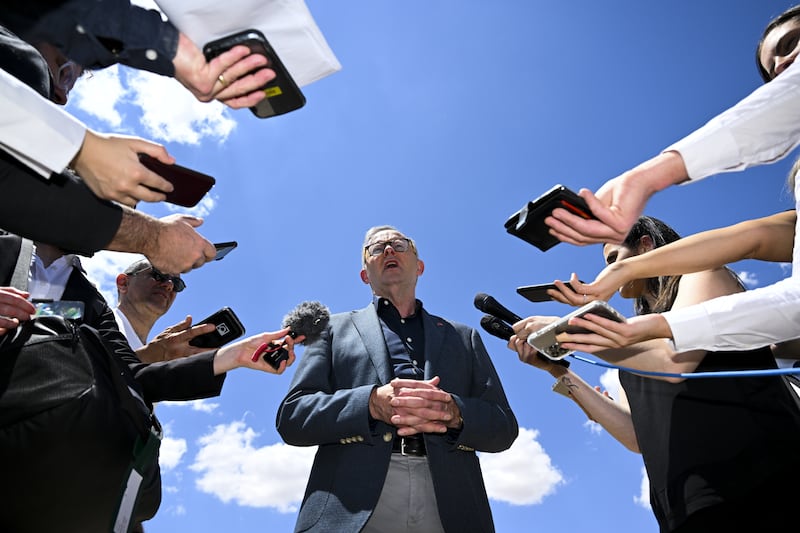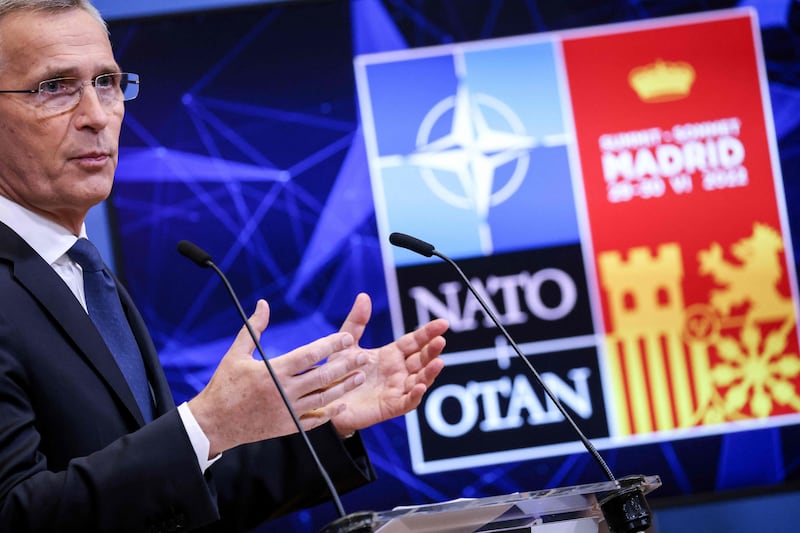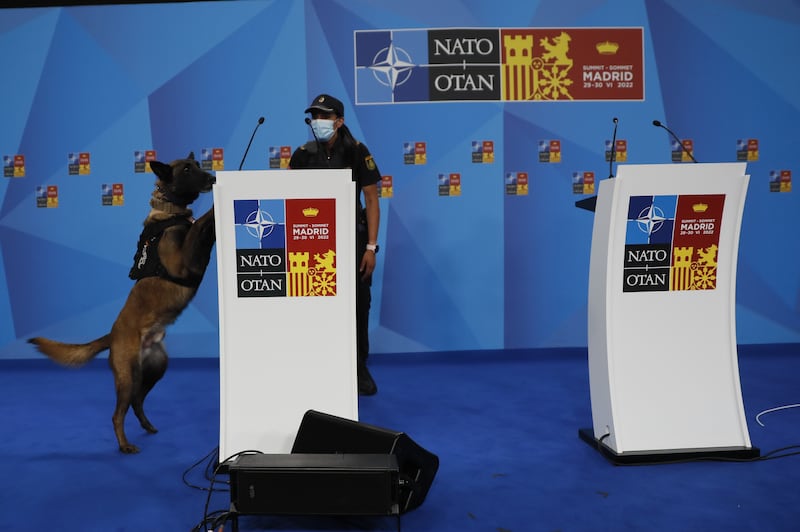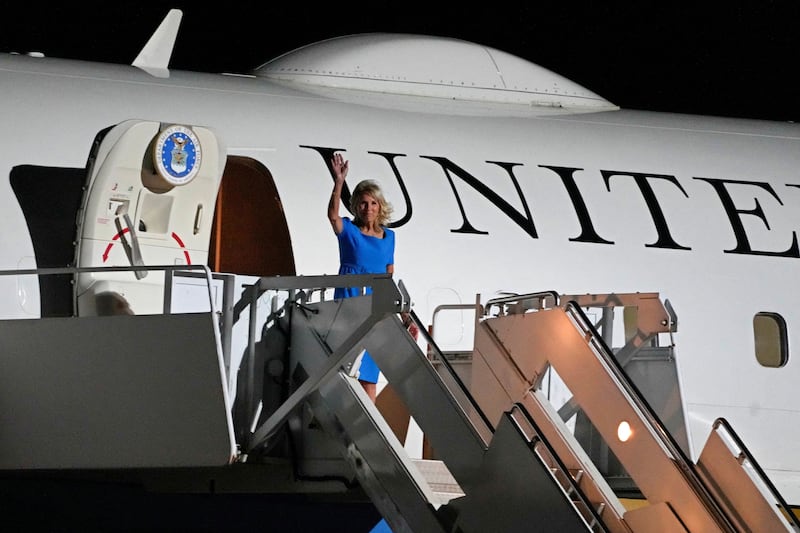Turkey has immediately demanded that Sweden and Norway extradite 33 suspected Kurdish terrorists as part of the agreement that cleared the Nordic countries' Nato applications.
Under the deal to lift his veto on the two countries joining the military alliance, President Recep Tayyip Erdogan has swiftly put the 10-point agreement struck late on Tuesday to the test, calling for them to fulfil their part of the deal by sending the alleged militants to Turkey.
Ankara is seeking the extradition of 12 from Finland and 21 from Sweden.
“We will seek the extradition of terrorists from the relevant countries within the framework of the new agreement,” Justice Minister Bekir Bozdag said in a statement. “We ask them to fulfil their promises.”
The suspects have not been named but some are from Fethullah Gulen’s sect that Mr Erdogan blames for the 2016 attempted coup in Turkey, as well as from the PKK.
Jens Stoltenberg, Nato’s secretary general, has supported Turkey’s demands to clamp down on terrorism during the summit in Madrid.
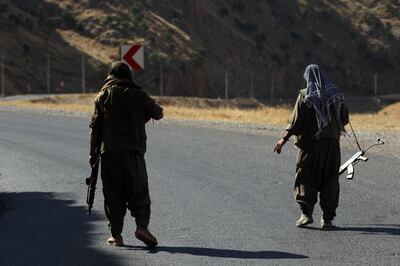
“Turkey has expressed some serious concerns on issues like terrorism, and we all know that no Nato ally has suffered more terrorist attacks than Turkey,” he said. “Thousands of people have been killed by the PKK and other groups.” He added that any extraditions would take place in accordance with the European Convention on Extradition and in respect of the rule of law in Finland and Sweden, but that it would be for those countries to explain how this will work.
The EU and US have both proscribed the PKK as a terrorist organisation following its decades-long insurgency against the Turkish state.
Tuesday’s agreement at the Nato summit also stipulated that Sweden and Finland would “not provide support” to the YPG, a PKK offshoot in Syria that played an instrumental role in the US-led alliance against ISIS.
Mr Erdogan had accused Finland and particularly Sweden of providing a haven for Kurdish fighters and financing terror.
The agreement appears to have addressed many of his concerns, with Finland and Sweden pledging to “address Turkey's pending deportation or extradition requests of terror suspects expeditiously and thoroughly”.
“Finland and Sweden confirm that the PKK is a proscribed terrorist organisation,” the agreement stated. “Finland and Sweden commit to prevent activities of the PKK and all other terrorist organisations and their extensions, as well as activities by individuals … linked to these terrorist organisations.”
Mr Erdogan also wanted the two countries to lift embargoes on weapons deliveries they imposed in response to Turkey's 2019 military incursion into Syria.
With the summit potentially being overshadowed by the Turkish objection to increasing the alliance to 32 members, deft diplomacy was required by Mr Stoltenberg to find an agreement.
After meeting the leaders of all three countries, he managed to get a deal over the line with the Nordic states apparently conceding.
“Turkey got what it wanted,” Mr Erdogan’s office declared in a statement. He is also expected to secure a long-sought meeting with US President Joe Biden on Wednesday evening.
After several years of frosty relations between the two Nato members, US officials told reporters that Mr Biden was “keen” to improve dealings with Turkey. That could lead to a deal in which Ankara secures 40 new F-16 fighters for its air force.


